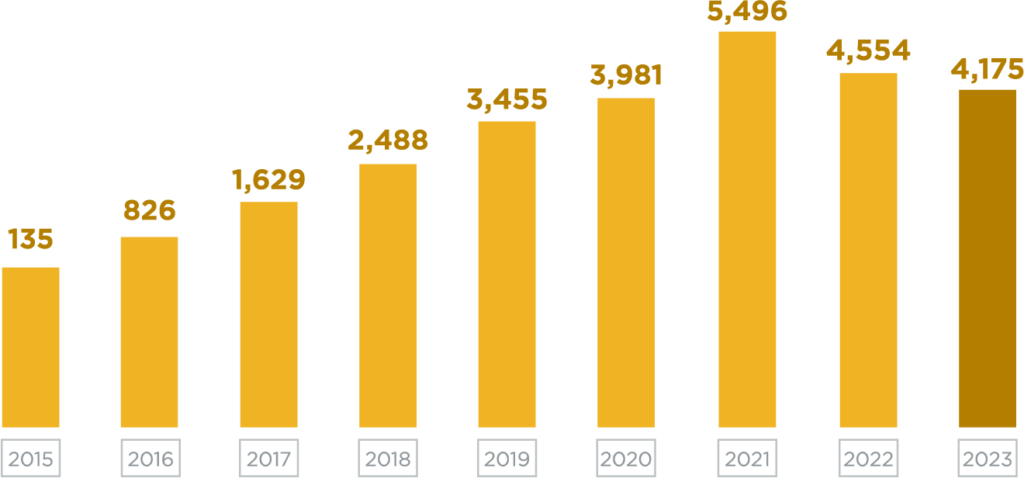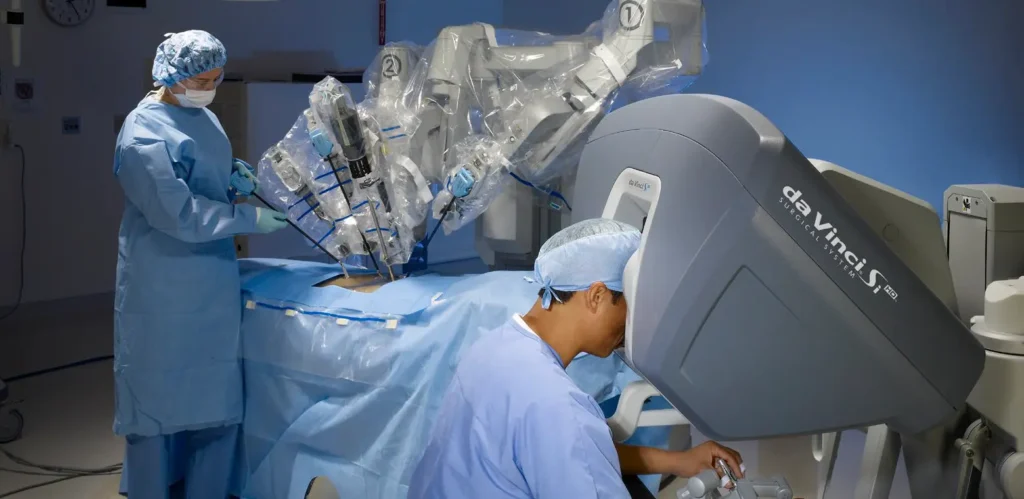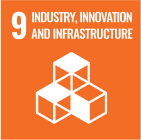sdg:
sdg:
-
3
-
4
-
9
Technology in healthcare
Clinical intelligence
Three years ago, the Innovation Office created a clinical repository to support the analysis and interpretation of clinical and operational data for performance management and decisionmaking. Upon completing this stage, a need emerged for the creation of a clinical platform to facilitate the safe use of the repository, assisting healthcare professionals in accessing and interpreting patients’ medical information, thereby contributing to more effective and coordinated care provision.
The Clinical Viewer tool, under development since then, is capable of supporting the development of population health strategies through in-depth and comprehensive knowledge of patients’ health conditions and identification of frequent users in addition to serving as a reliable source for advanced clinical analyses and data science.
Proactive care
In an effort to listen and better serve our patients, we are customizing care and making it more humanized and closer by implementing pilot projects and building use cases in the project titled Hospital por Eventos (Hospital by Events). Among the implemented initiatives are data validation by Dora—our virtual assistant (chatbot)—during check-in, and the provision of benefits to improve patient experience in cases of delays in appointments. We have also implemented notifications/alerts for the following cases:
- When a dissatisfied patient checks in at one of our facilities to better welcome them;
- When an Oncology patient checks in at any of our hospitals;
- When patients belonging to care lines check in at any of our units;
- When VIP patients check in at any of our hospitals;
- When an insured patient checks in at a GTSaccredited facility.
The goal is to expand the project to multiple units in 2024.
Robotic surgery
In 2023, we had 21 hospitals equipped with the most advanced robotic surgery systems in Latin America, with 19 hospitals having their own robots and two with non-owned robots
Robotic surgery, known for its minimally invasive and highly precise nature, is offered by Rede D’Or for procedures in the areas of urology, gynecology, thoracic, head and neck, general surgery and bariatrics. Over the past nine years, 26,721 surgeries and 31,495 procedures have been performed using robotic technology.
Our progress in robotic surgery


Enfermeiras Navegadoras (Nurse Navigators)
The primary focus of the project is to identify and monitor patients with breast lesions. The entire process is guided by a scalable and innovative approach, aiming not only at improving healthcare but also aligning with ESG principles.
The collaboration between Artificial Intelligence tools and nurses accelerates the identification of radiological patterns, drastically reducing the need for repeat examinations, thereby contributing to a safer and more responsible approach to individual health by minimizing unnecessary exposure to procedures and radiation. It also contributes to minimizing resources and energy waste.
Furthermore, the quick identification of specific patterns in medical reports by AI supports decision-making by healthcare professionals, allowing them to play a central role in patient care, prioritizing the doctor-patient relationship over inefficient manual processes. It also allows for a prompt start to treatment with potential impacts on both patient survival and quality of life.



